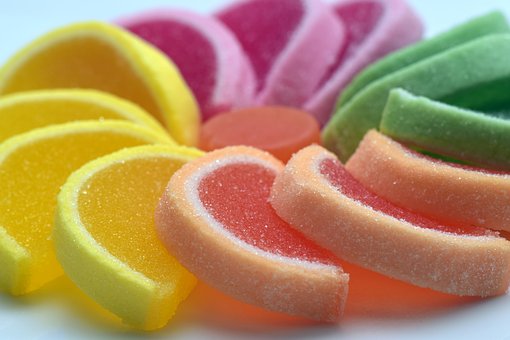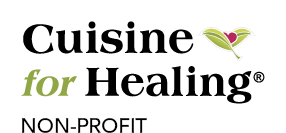
Halloween has traditionally been associated in America with dressing up in costume and with consuming sweets; however, the roots of the holiday lie in late autumn harvest rituals that correspond to natural, seasonal changes and that are expressed in commemorations of the dying year. During this period of transition, cultures across the world remember those who have passed on by drawing an analogy between human death and the dark, cold winter months that loom ahead. The timing of this festival coincides with an important period in the natural calendar, one to which all cultures adhered until fairly recently. It is the time of the final harvests of the year, when animals stockpile stores of food for the winter months ahead, the sun sets earlier and rises later, and the trees shed their leaves. With the end of harvesting season, the entire natural world moves into its annual dormant state of hibernation, essentially “dying” until its annual rebirth the following spring.
Get ready to “BOO” me. No pun intended!
Over time we have added the tradition of giving candy away. In older times traditional celebrations included fruits of the harvest. Enter modern times and the introduction of processed sugars. Unfortunately now we have moved to a toxic celebration for our children. I love a good party with fun sweets, but bags of processed sugar, preservatives and dyes are more harmful than fun.
Why is processed sugar such a big deal? Here is what Wellness Mama reports about sugar:
“Today we have a nation that is addicted to sugar. In 1915, the national average of sugar consumption (per year) was around 15 to 20 pounds per person. Today the average person consumes his/her weight in sugar, plus over 20 pounds of corn syrup. To add more horrors to these facts there are some people that use no sweets and some who use much less than the average figure, which means that there is a percentage of the population that consume a great deal more refined sugar than their body weight. The human body cannot tolerate this large amount of refined carbohydrates. The vital organs in the body are actually damaged by this gross intake of sugar.”
Just empty and quickly digested calories that actually pull minerals from the body during digestion. It creates a hormone cascade when consumed that starts a positive feedback loop in the body to encourage more consumption. In a time when food was scarce and needed to be contained in large amounts in the summer when available to survive the winter, this was a good thing. In today’s world of constant access to processed foods, this natural biological purpose highlights one of the negative effects of sugar. Here’s why:
“Dr. David Reuben, author of Everything You Always Wanted to Know About Nutrition says, “white refined sugar-is not a food. It is a pure chemical extracted from plant sources, purer in fact than cocaine, which it resembles in many ways. Its true name is sucrose and its chemical formula is C12H22O11. It has 12 carbon atoms, 22 hydrogen atoms, 11 oxygen atoms, and absolutely nothing else to offer.” …The chemical formula for cocaine is C17H21NO4. Sugar’s formula again is C12H22O11.
Fructose especially is harmful as Dr. Robert Lustig explains in this lecture and the effects of sugar on the body, especially the liver:
- Stresses the Liver: “When we eat fructose, it goes to the liver. If liver glycogen is low, such as after a run, the fructose will be used to replenish it (3).However, most people aren’t consuming fructose after a long workout and their livers are already full of glycogen. When this happens, the liver turns the fructose into fat (2). Some of the fat gets shipped out, but part of it remains in the liver. The fat can build up over time and ultimately lead to Non-Alcoholic Fatty Liver Disease (4, 5, 6).”
- Increases Bad Cholesterol and Triglycerides (source)
- Can contribute to Leptin Resistance (and then weight gain, cravings, sleep trouble, etc) – source
- Creates an addictive sugar response in the brain (source)
- Doesn’t fill you up and instead encourages you to eat more
All in all, no amount of processed sugar is good for us. Just say no-you can do it!
Happy Healthy Eating! Dana
https://edsitement.neh.gov/feature/origins-halloween-and-day-dead
https://wellnessmama.com/15/harmful-effects-of-sugar/









